Marks of a Christian Scholar: A Vocational Description [1]
“The Christian scholar-teacher must be a person who believes in Christian higher education, who is committed to the mission of his or her institution. It is not enough to hire faculty who happen to be Christians, even if they are fine scholars. We must find and keep faculty who are committed to the project.”[2]
“RBB,” he said. My response registered a facial question mark. “Really Big Brains,” he smiled. “That’s what you professors have: really big brains.”
“RBH,” I said. He returned the questioning look. “Really Big Heads,” I smiled. “That’s what can happen to professors: we can get really big heads.”
Humility is the essence of knowledge. I have lost count of how many times I have intoned such a statement in classes. The first mark of Christian scholars is that we should know we do not know how much we don’t know (Luke 14:7-11; Rom 12:3; Phil 2:3-4). We should begin every thought where the gospel begins: we are dependent upon God. Knowing how much we do not know measures the creature by The Creator (Isa 55:8-9). Aseity[3] identifies our dependency (Acts 17:24-28).
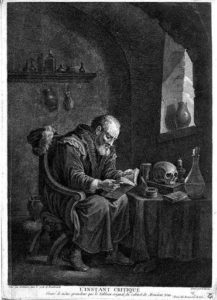 Scholarship depends on dependency. Scholars do literature reviews. We read the latest research in our field. Counter-arguments are heard and evaluated. Words such as “could,” “perhaps,” and “may” dot our writing, rightfully acknowledging the sage wisdom we could be wrong. The possibility of finding ourselves in error, however, does not diminish our responsibility to seek true Truth.[4]
Scholarship depends on dependency. Scholars do literature reviews. We read the latest research in our field. Counter-arguments are heard and evaluated. Words such as “could,” “perhaps,” and “may” dot our writing, rightfully acknowledging the sage wisdom we could be wrong. The possibility of finding ourselves in error, however, does not diminish our responsibility to seek true Truth.[4]
Knowledge of the Creator and His creation is within sight of thinking people (cf. Pss. 64:9; 65:8; 66:1-5; 67). Culture and context may condition how we view knowledge, but the common nature of reality is true for all people in all places at all times in all cultures (cf. Pss. 107, 117). Our knowledge may be comparative but our “knowing is constrained . . . true to creature, creation, and Creator.”[5] We live in a fallen world (Rom 8:19-22) which accentuates our finite, fallen, fragile limitations (Job 11:7-9). Christian scholars know that if our knowledge is incomplete, we look forward to the day when restoration of what once was, will be again; the completion of creation (Acts 3:21; Rev 21:1-5).[6]
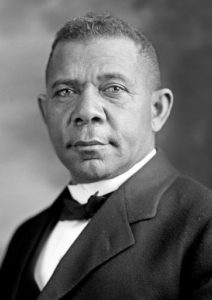 Incompletion, however, does not equal stagnation. Christian scholars continue to take responsibility for the gifts given us.[7] We also acknowledge our assumptions in the scholarly enterprise.[8] A Christian view of scholarship may contain the following commitments:
Incompletion, however, does not equal stagnation. Christian scholars continue to take responsibility for the gifts given us.[7] We also acknowledge our assumptions in the scholarly enterprise.[8] A Christian view of scholarship may contain the following commitments:
- No dichotomy exists between secular and sacred—the whole world and all of life belong to The Creator (1 Chr 29:10-16; Psalm 24:1; 50:9-12; 89:11);
-
Common grace—truth to be found within creation—can be accessed because The Personal Eternal Triune Creator was pleased to leave it there, intending delight and wonder for the discoverer (Job 26; 28:1-11; Prov 25:2);
-
Ways of knowing premised upon “the fear of The Lord” (Prov 1:7; 9:10), are given to human image bearers (Gen 1:26; Ps 8);
-
The Christian Scriptures are the central organizing core (2 Tim 1:14; 2:15; 3:14-17) which both begin the process of evaluation, interpreting theories and data, while giving purpose to the process of education; and
-
The Christian scholar (2 Chr 17:7-9; Prov 2:1-6; 2 Cor 10:3-5) bears the responsibility to develop a Christian theological-philosophical grid, a Christian thought process in the pursuit of true Truth.[9]
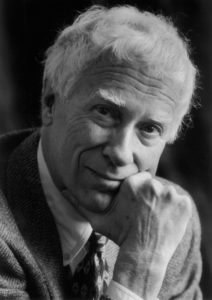 Nicholas Wolterstorff summarizes succinctly, “Faithful scholarship as a whole will be distinctive scholarship . . . But difference is to be a consequence, not an aim.”[10]
Nicholas Wolterstorff summarizes succinctly, “Faithful scholarship as a whole will be distinctive scholarship . . . But difference is to be a consequence, not an aim.”[10]
My 5-fold commitment to distinctive Christian scholarship leads to the 5-fold responsibility of my task, my craft, as a Christian scholar:[11]
- I submit to the Lordship of Christ in all things (integrity, scholarship, administrative shepherding, etc.).
- I articulate in written and verbal form the theological-philosophical assumptions that form the premise for my work as a Christian scholar.
- I practice faith-learning integration within my discipline, believing the wedding of belief with academic excellence to be inseparable. I master my area of content specialization while seeking collaborative interdisciplinary approaches, demonstrating the coherence of God’s world.
- I continue to mature in Christ through personal Bible study, prayer, fellowship with a local church family, read in and out of my content areas, participate in opportunities to grow within my vocation, and enjoy the life given me by God.
- I live my beliefs through loving service to those inside and outside of The Faith with robust research, rigorous rhetoric, generous spirit, relational grace, bold conviction, and personal care.
 So as to keep us from getting “big heads” because God has given us “big brains,” we live in humility before our Lord and our neighbor. And so we pray
So as to keep us from getting “big heads” because God has given us “big brains,” we live in humility before our Lord and our neighbor. And so we pray
Dear Lord, we purpose
- Gratefulness for our opportunities, Appreciation for our giftedness;
- Precision in our reading, Accuracy in our writing;
- Understanding in our discussions, Humility in our knowledge;
- Thoughtfulness in our answers; Sanctification in our learning;
- Investment in our assignments; Godliness in our workmanship;
- Discipleship in our relationships; Commitment to our mission;
- Scholarship in our schoolwork; cohesiveness in our worldview;
- Increase for Jesus, Decrease for ourselves, Glory for our Lord.
May You make it so in us. Amen.[12]
[1] Part One of Four. This series was first published at Emerging Scholars Network. Dr. Eckel has served the Christian educational community for over 30 years; teaching junior high through graduate school. Mark and Robin Eckel live in Indianapolis, IN, sharing their gifts in their local church, Crossroads Community (PCA), Fishers, IN. Mark is President of The Comenius Institute. [See our one minute video here.] Dr. Eckel practices scholarship with others in the M.A. and Ph.D. programs at Capital Seminary & Graduate School, Lancaster, PA.
[2] C. Stephen Evans, 2003. “The Calling of the Christian Scholar-Teacher. In Faithful learning and the Christian Scholarly Vocation. (Eerdmans): 28.
[3] “Aseity” is a theological term meaning God is independent and self-sufficient meaning humans are dependent and insufficient (of themselves).
[4] “True Truth” was the phrase used by Francis Schaeffer to suggest that many people claim any number of multiple “truths” but the Christian “Truth” claimed exclusivity (John 14:6). See my essay on “exclusivity” here.
[5] Hodges, Bert H. 1987. Perception is relative and veridical: Ecological and Biblical perspectives on knowing and doing the truth. In The reality of Christian learning, ed. Harold Heie and David L. Wolfe, 103-139. St. Paul, MN: Christian College Consortium, 133-34, emphasis his.
[6] As a Christian professor, I acknowledge my total dependence in restoration from a state of separation from God because of sin through the substitutionary sacrifice of Jesus on the cross; His gift of grace through faith saving alone.
[7] See my doctrinal essay on Spirit-gifting
[8] Arthur F. Holmes preached, “Yet ‘the fear of the Lord is the beginning of wisdom’…Christianity (and other worldviews) affect our thinking at other levels than explicit biblical understandings. There is no presuppositionless science . . . Holmes, Arthur F. 1994. “Is a Christian university possible?” Faculty Dialogue 21 (Summer), 28-29, emphasis his.
[9] On these five points see my PhD dissertation, “A Comparison of Faith-Learning Integration Between Graduates from Christian and Secular Universities in the Christian School Classroom,” Southern Baptist Theological Seminary, 2009, 21-22.
[10] Wolterstorff, Nicholas. 2004. Educating for shalom: Essays on Christian higher education. Edited by Clarence W. Joldersma and Gloria Goris Stronks. Grand Rapids, MI: Eerdmans, 78, emphasis his.
[11] This is the first in a series of four articles. The second article will focus on my responsibility as a Christian teacher in higher education.
[12] Mark Eckel, “The Christian Schoolman’s Prayer,” unpublished, 2006.
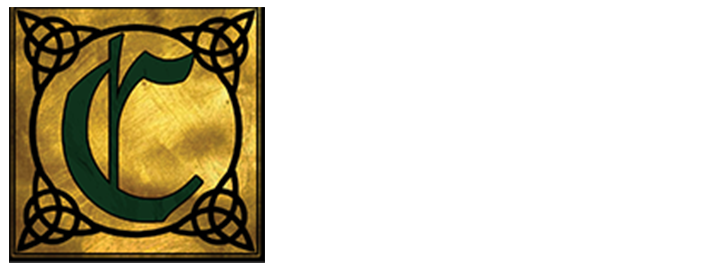
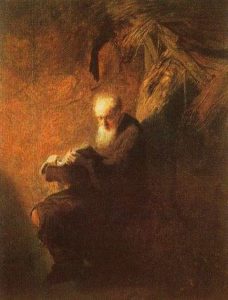

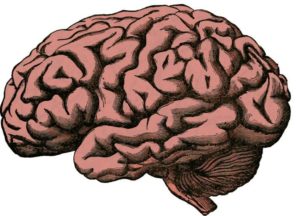
A remarkable piece of writing, Dr. Eckel. Thank you for blessing me with this commentary.